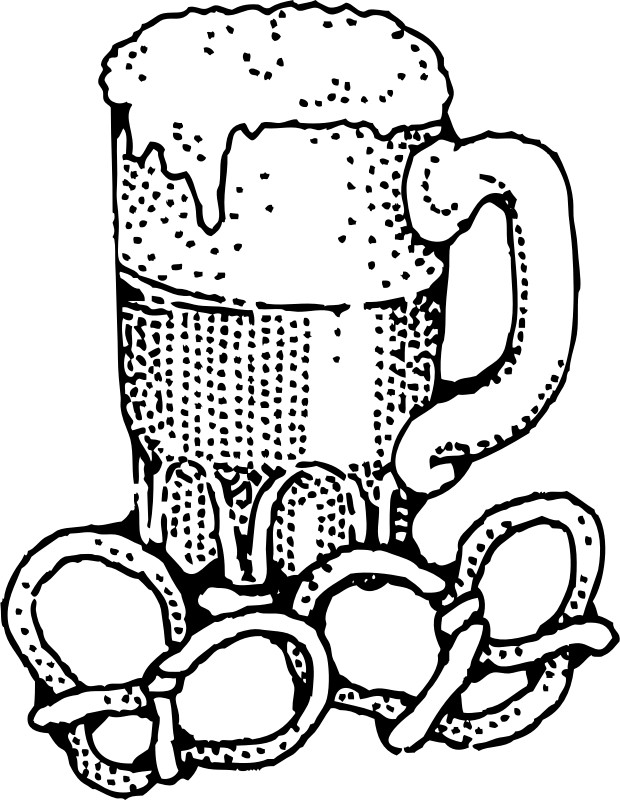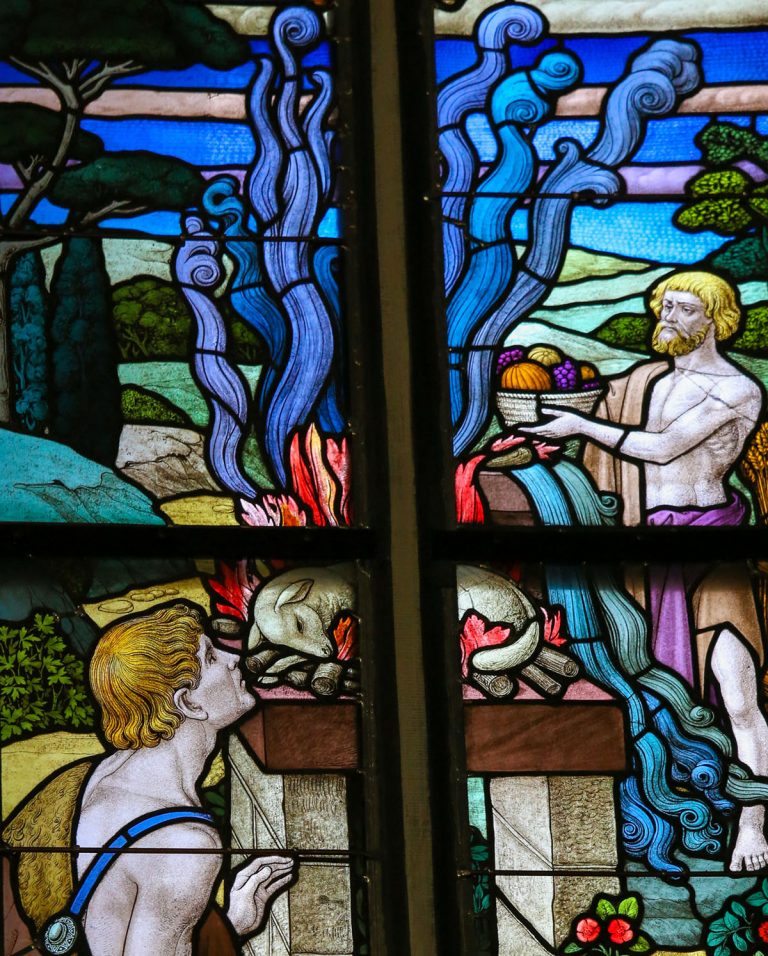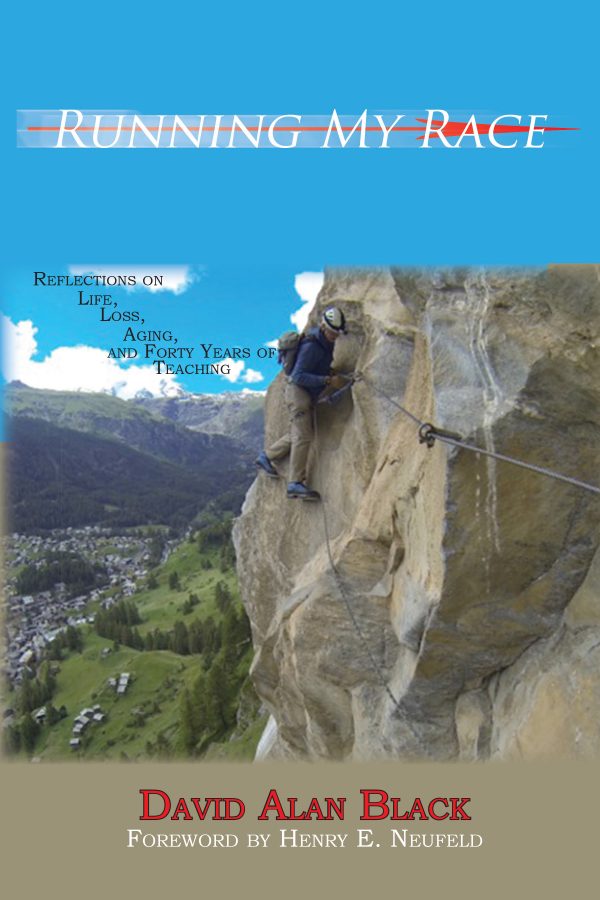High View of the Sacraments or Not?
I want to briefly reflect on the sacraments. This is not so much a general theological reflection as a personal comment, expressing my own position on this. As I said a couple of days ago regarding hearing the voice of God, in a spiritual movement there is much listening, much hearing, and much creativity. Structure comes in to resolve this chaos into a tighter community, but structure also often works to kill it. Thus we have a closed canon. None of us can be spiritual in a New Testament sense precisely because we have a New Testament, or even more precisely because we have a New Testament regarded in this manner. Both structure and freedom (even chaos) have value in community, but they also are at war with one another.
Herold Weiss, in his book Meditations on According to John, makes this comment (p. 152):
The sacraments were established toward the end of the first century when Christianity was becoming institutionalized and starting to create official channels through which the Holy Spirit could flow under ecclesiastical control.…
This is structure fighting the chaos that results when people listen to God for themselves, or think they are doing so. God’s presence when two or three are gathered is a nice thing, but the organized church much prefers that God’s presence be manifested in groups of two or three hundred, or perhaps thousand, led by an ordained minister, supported by an adequate staff. Breaking out the bread and wine at lunch with a couple of friends, praying over it, sharing it (along with, say, a nice dish of pasta), and feeling the presence of Jesus is not sanctioned by church law.
In thinking about this I think I have a very high view of the sacraments in that I believe that Jesus is really present, that there is something different about communion or the Eucharist than about our common meals. Where I differ from the normal high view, I think, is that I don’t really think God cares that much about our church laws. If two or three friends shared their food and drink with the intention of truly inviting Christ to be present, I think he will be, regardless of ritual, ordination, or the structure in which it takes place. It can happen in a bar as you share beer and pretzels.
Indeed, if someone accepted Christ and a totally unordained person dips them under the water, baptizing them in the name of the Father, the Son, and the Holy Spirit, I think they have been buried with Christ and will come up in newness of life.
I suspect that the same actions in some of our buildings, performed by persons chosen and ordained for the purpose, sometimes fail to accomplish anything. People just get wet or take a morsel or bread or wine. It depends on the hearts, I think, which God truly sees, and I do not.
I’m not planning to go on a crusade of sacraments outside the church. The reason for this is not the success of the sacrament itself in mediating God’s presence. Rather, I think that God’s call is to community. I would ask the folks with beer and pretzels to find more people with whom they can share the presence of Christ. I would ask them to build bonds and form communities.
Contrary to the idea that the communion meal should remain separate from our secular meals, however, I believe God’s intent is that the communion meal take over from the secular, that more and more of our lives become sacred. We learn to distinguish, as Leviticus says, the holy from the common, but we do so not in order to segregate them, but in order to allow the holy to draw into itself the common until all is holy.
I believe that’s about as high a view of the sacraments as one can have.








